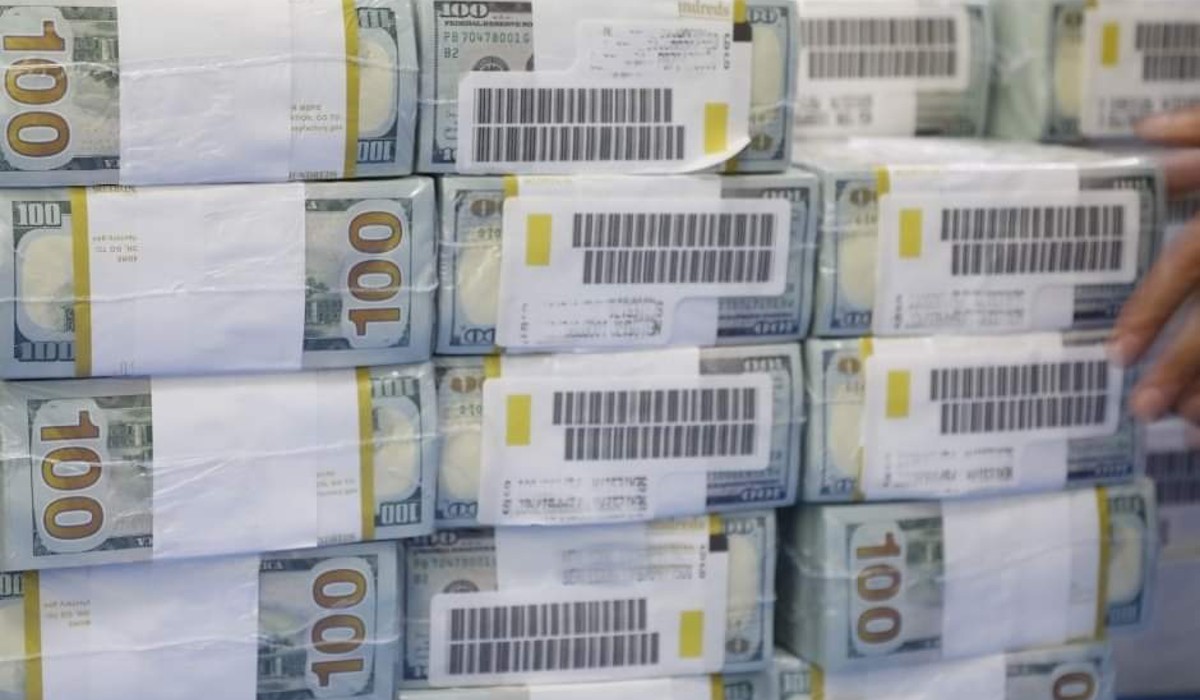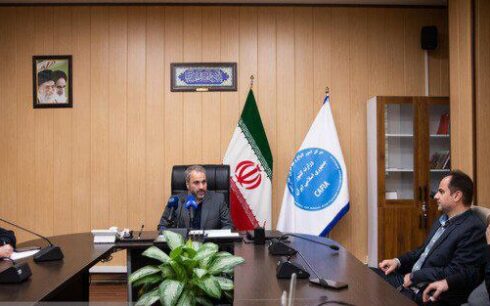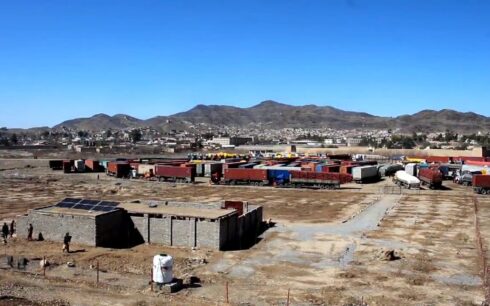The U.S. Special Inspector General for Afghanistan Reconstruction (SIGAR) has reported that since August 2021, the United Nations has allocated and moved a minimum of $2.9 billion to Afghanistan, funded by international donor contributions.
The U.S., as the primary international contributor, has supplied approximately $2.6 billion since August 2021 to support the UN, various private international organizations (PIOs), and non-governmental organizations (NGOs) in Afghanistan.
Of this U.S. funding, over $1.7 billion, sourced from the State Department and the U.S. Agency for International Development (USAID), was directed towards humanitarian endeavors conducted by PIOs and NGOs, including the UN, the World Bank, and the Colombo Plan, SIGAR said. However, SIGAR identified that contributions to collective UN accounts obscure the precise allocation of funds by individual donors like the State Department and USAID for cash purchasing and transport in Afghanistan.
Post-August 2021, following the collapse of Afghanistan’s republic government, international reluctance to engage with the country’s banking sector grew, stemming from concerns over sanctions violations and the risk of inadvertently aiding the Taliban.
Consequently, the U.S. Department of the Treasury blocked Afghanistan’s central bank, Da Afghanistan Bank (DAB), from accessing its U.S.-held assets. This action, coupled with the suspension of funding and programs by international donors and aid groups, led Afghanistan into severe economic and humanitarian crises. By early 2022, it was agreed upon by international donors and the UN that assistance must resume to tackle these crises. Due to sanctions and the isolation of Afghanistan’s banking sector, implementing partners lacked adequate cash reserves, leading to the UN’s decision, in consultation with the State Department and the Treasury, to physically transport U.S. currency to Afghanistan for operational and humanitarian costs.
SIGAR’s investigation revealed the UN as the sole entity handling cash procurement and transportation for humanitarian aid in Afghanistan. Starting in December 2021, the UN initiated cash transfers to fund 19 of its entities, funds, and programs, along with 48 PIOs and NGOs, including the World Bank and the Asian Development Bank. Since its initial shipment, the UN has conducted at least 80 cash purchases for Afghan delivery. The UN resorted to this method due to Afghan banks’ inability to execute international wire transfers and the scarcity of domestic currency. The UN purchases U.S. currency from the Federal Reserve Bank of New York, then contracts a transport company for delivery to Kabul. Upon arrival, UN staff inspect and count the money before depositing it in a private Afghan bank used by the UN, from where it is distributed to various PIOs and NGOs.
SIGAR also noted the UN’s expectation of continuing these cash transfers for the foreseeable future, pending improvements in Afghanistan’s banking sector, including anti-money laundering measures and compliance with international banking laws. The UN anticipates a decrease in cash purchases as humanitarian aid diminishes over time, but for now, cash shipments remain the most practical method of delivering aid to Afghanistan.
Furthermore, SIGAR found that these cash inflows indirectly benefit the Taliban. When conversion to the local currency, afghani, is needed, private banks often acquire local currency from the Taliban-controlled DAB, leading to a substantial U.S. dollar accumulation by the Taliban.
The draft report by SIGAR was reviewed by the State Department, USAID, and the Treasury. The State Department’s response clarified aspects of Afghanistan’s banking sector and reassured the oversight and monitoring of U.S. funds. USAID expressed gratitude for the review opportunity, while the Treasury had no formal comments. SIGAR updated the report accordingly based on feedback from these agencies.





